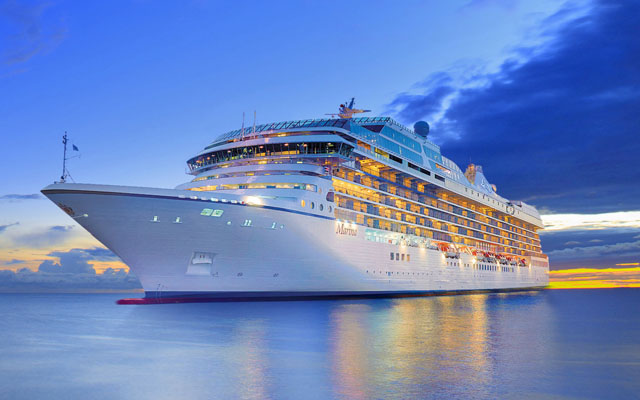Hybrid accommodation models have grown in popularity among hospitality operators in Thailand, driven by greater long-stay demand and lower operating costs.
The hybrid model combining hotel and residence could serve varying demand for either short- or long-term stay, taking in the best of different return structures.

Ekanut Ungphakorn, COO of property development firm Boutique Corporation, said serviced apartment operations are more stable than purely hotels mainly due to lower daily operating cost.
When compared to hotels, serviced apartments spend less on marketing and F&B. On the other hand, serviced apartments may come with lower margins for some periods compared to hotels.
“Serviced residences may be more stable in terms of length of stay while hotels gain better margin if they get a good rate. Therefore, many operators put these under one roof. This is why hybrid accommodation has become more popular in Thailand,” Ekanut said.
Boutique Corporation plans to open five hotels in Thailand’s major destinations of Chiang Mai, Phuket and Bangkok over the next three years. Some properties will serve both short- and long-stay guests.
As Bangkok remains one of the top destinations for working and retiring, more hotels want to add serviced residence units to keep with demand, observed Brian Tan, country general manager Thailand, Ascott International Management (Thailand).
Peter Lucas, general manager, the Westin Grande Sukhumvit Hotel, noted that hotel operators located in Bangkok’s Sukhumvit, Thonglor and Ekamai districts as well as along the train systems have moved to penetrate long-stay markets.
Outside of Bangkok, hybrid accommodation is also expected to become a trend in other major cities in Thailand.
Ascott, for instance, is set to expand its brand into new areas such as Suvarnabhumi in Bangkok’s outskirts as well as Chiang Mai in the north.




















